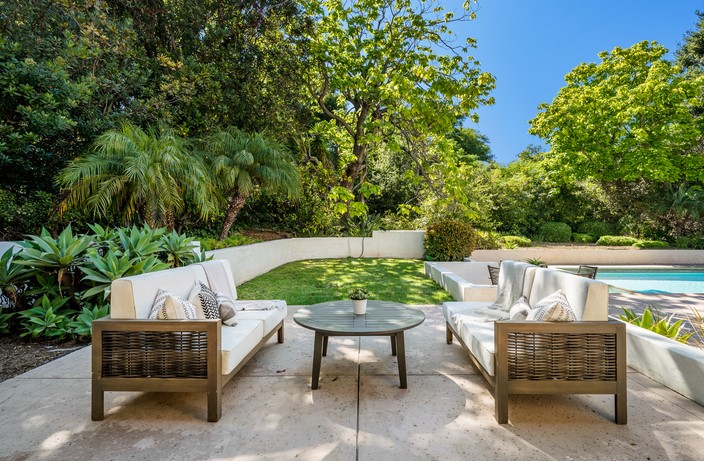
In today’s world, where privacy can often feel scarce, having a secluded oasis in your own backyard can offer a peaceful retreat from the hustle and bustle of daily life. One of the most natural and effective ways to create a private outdoor space is by using plants. The right plants not only serve as beautiful additions to your garden but can also act as natural screens, blocking unwanted views and providing a sense of seclusion. In this article, we’ll explore the best privacy plants that can help transform your yard into a private haven. From fast-growing trees to evergreen shrubs, there are plenty of options to suit different yard sizes and climates.
Creating privacy with plants has numerous benefits. Not only do they provide a barrier from prying eyes, but they can also enhance the overall aesthetic of your outdoor space. Whether you live in a busy neighborhood or simply want to create a peaceful retreat, incorporating the best privacy plants into your landscaping design is an excellent way to achieve both privacy and beauty.
1. Best Privacy Plants: Trees for Seclusion
When it comes to creating an effective privacy screen, trees are often the go-to choice. Not only do they provide height and density, but they also offer year-round coverage, especially if you opt for evergreen varieties. The best privacy plants in the form of trees can quickly block out unwanted views and create a lush, natural barrier.
Leyland Cypress
The Leyland Cypress is one of the best privacy plants for those looking for a fast-growing tree. This evergreen conifer can grow up to 3 feet per year, making it an ideal choice for creating a dense, tall screen. The tree has a narrow, columnar shape, which makes it perfect for small spaces. It’s also resistant to many pests and diseases, which makes it a low-maintenance option for your yard. Leyland Cypress trees are hardy in USDA zones 6-10 and thrive in full sun.
Green Giant Arborvitae
Another excellent tree for privacy is the Green Giant Arborvitae. This tree is known for its rapid growth, reaching up to 3 feet per year. It can grow up to 50-60 feet tall and 15-20 feet wide, making it a perfect choice for creating a tall, dense privacy screen. Its dark green foliage holds up year-round, and it’s highly resistant to disease. Green Giant Arborvitae is hardy in USDA zones 5-8, and it thrives in a variety of soil conditions.
Eastern White Pine
For those who desire a more natural, forest-like feel, the Eastern White Pine is a great option. This large, fast-growing tree can reach up to 80 feet tall, making it perfect for creating a tall privacy wall. Its soft, long needles create a lush and dense canopy, making it an excellent choice for providing shade and privacy. The Eastern White Pine thrives in USDA zones 3-8 and prefers full sun to partial shade.
2. Best Privacy Plants: Shrubs and Hedges for a Dense Barrier
While trees are great for creating tall privacy screens, shrubs and hedges offer a more compact and manageable solution. These plants are perfect for creating a dense, low-maintenance barrier that can still provide a significant level of privacy. The best privacy plants in shrub form are often evergreen and dense, making them ideal for creating a year-round natural fence.
Boxwood
Boxwood is a classic choice for a privacy hedge. Known for its dense, compact growth, boxwood can be trimmed to create a neat, formal privacy screen. While it may not grow as tall as some trees, boxwood is highly effective at providing a low to medium-height barrier. It’s particularly ideal for smaller yards or areas where you want a more refined, manicured look. Boxwood thrives in USDA zones 5-9 and prefers partial to full sun.
Privet
Privet is another excellent shrub for privacy. This fast-growing plant can quickly form a dense, leafy hedge that’s perfect for blocking out unwanted views. There are several varieties of privet, but the most popular for privacy are the Japanese Privet and the European Privet. Both are hardy in USDA zones 5-8 and grow rapidly in full sun to partial shade. Privet also responds well to pruning, allowing you to maintain a neat and dense screen.
Laurel (Cherry Laurel)
Laurel shrubs are perfect for creating a lush, thick privacy screen. Known for their broad, glossy leaves, laurels provide year-round coverage and make an excellent natural barrier. Cherry Laurel, in particular, is popular for privacy due to its fast growth and ability to form a dense, impenetrable hedge. It’s ideal for full sun to partial shade and is hardy in USDA zones 6-9.
3. Best Privacy Plants: Climbers and Vines for Vertical Privacy
In smaller yards or spaces where you want to make use of vertical space, climbing plants and vines are an excellent solution for privacy. These plants can be trained to grow up trellises, fences, or walls, offering a lush, green screen without taking up much space. The best privacy plants in this category are fast-growing and can provide coverage relatively quickly.
Clematis
Clematis is a versatile climbing vine that offers beautiful flowers while providing privacy. This plant is available in many varieties, with flowers in colors ranging from purple and red to white and pink. Clematis vines can grow up to 10 feet tall, making them ideal for climbing fences or trellises. They prefer full sun and well-drained soil and are hardy in USDA zones 3-9.
English Ivy
For an evergreen climbing vine that can quickly cover a structure, English Ivy is a top choice. Known for its vigorous growth and ability to adhere to surfaces, English Ivy can provide a dense, year-round privacy screen. It’s particularly effective for covering fences, walls, and trellises, making it perfect for smaller spaces. English Ivy thrives in USDA zones 4-9 and can grow in a variety of conditions, from full sun to full shade.
Wisteria
If you’re looking for a combination of privacy and beauty, Wisteria is a perfect choice. This vine is known for its stunning cascading purple flowers in the spring, but it also grows quickly and can provide privacy throughout the year. Wisteria can climb trellises, pergolas, or fences, forming a dense screen. It thrives in full sun and is hardy in USDA zones 5-9.
Conclusion
Creating a secluded oasis in your yard doesn’t have to be a complicated task. By choosing the best privacy plants, you can easily transform your outdoor space into a peaceful retreat. Whether you prefer tall trees, dense shrubs, or climbing vines, there is a wide variety of plants that can serve as natural privacy barriers. With the right combination of plants, you can block out unwanted views, reduce noise, and create a private sanctuary right in your own backyard. So, if you’re looking to enhance your yard’s privacy, consider incorporating some of the best privacy plants into your landscape design.











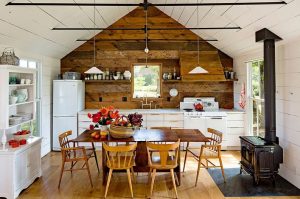



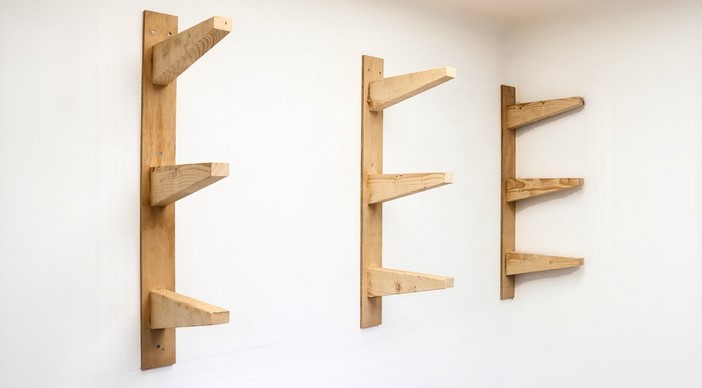
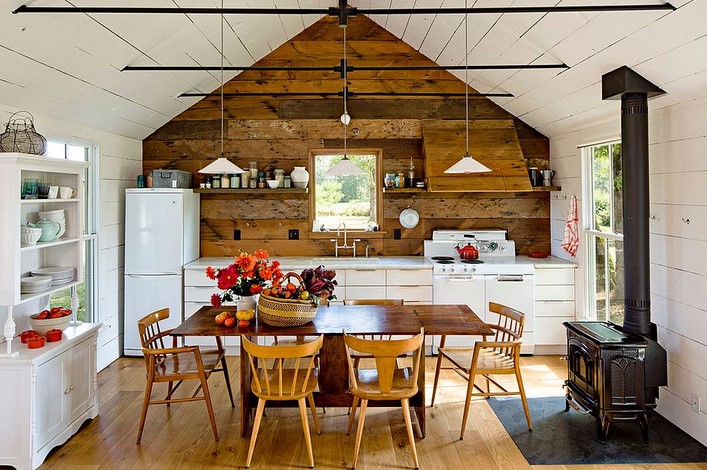

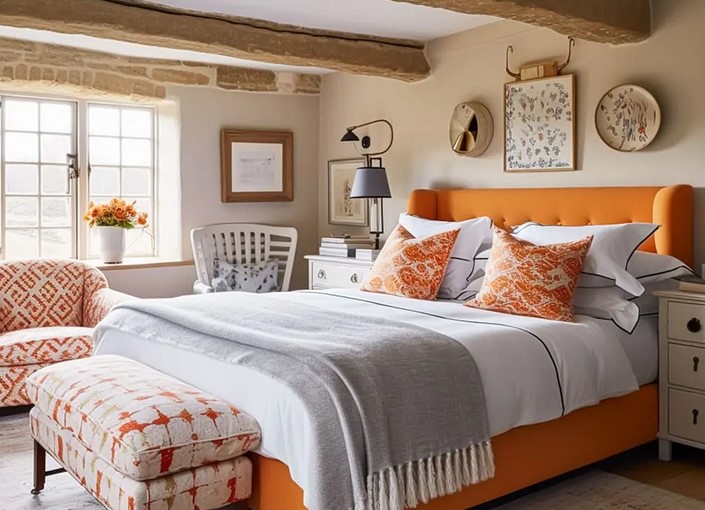

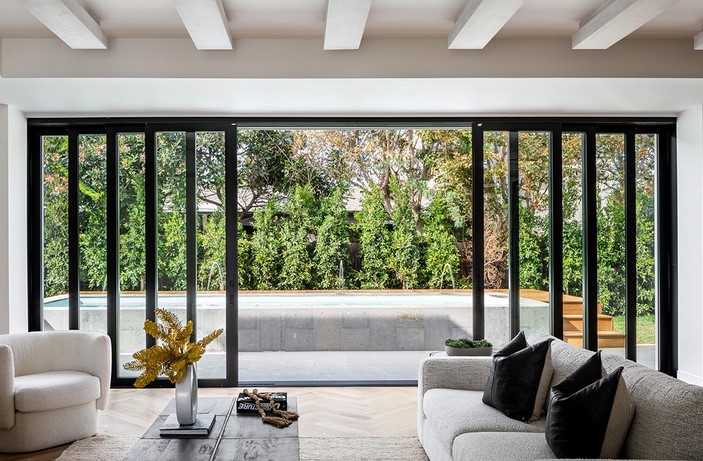

+ There are no comments
Add yours